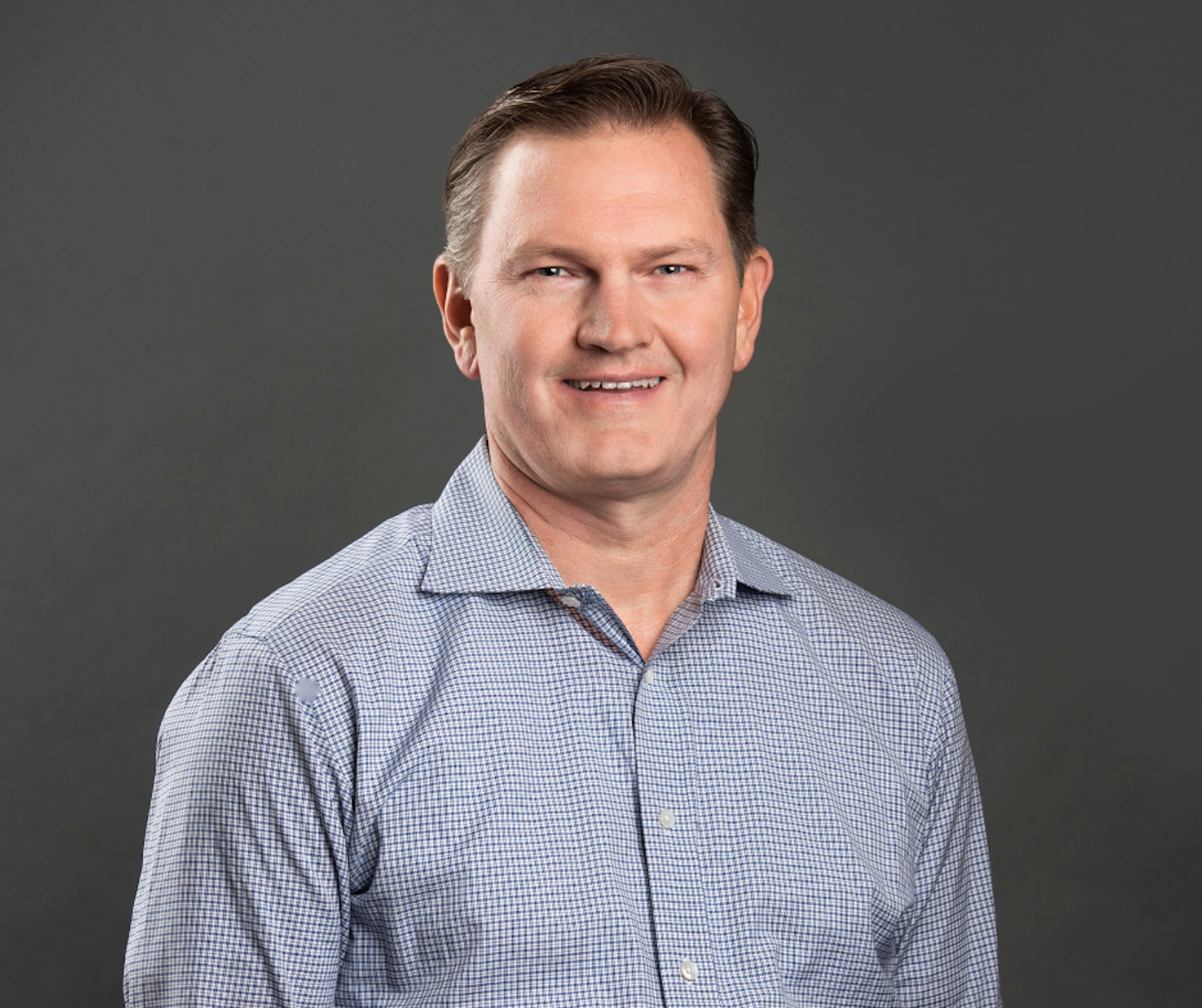Steve Swinney is the founder and chief executive officer of Kodiak Building Partners, a national one-step building products distribution holding company that focuses on acquiring family-run businesses in the building material sales and distribution industries. Over the last 12 years, Kodiak has acquired over 100 locations in 25 states with over 6,000 employees, becoming a well-known and appreciated industry leader across the nation.
As CEO, Steve is responsible for the overall vision, strategy, and execution of Kodiak’s business plan. Steve brings over 25 years of acquisitions and private equity-backed venture expertise to the founding and operations of Kodiak. In addition to his role as CEO of Kodiak, Steve serves on Kodiak’s Board of Directors, as chairman of the Kodiak Building Partners Foundation, and as a board member of the Colorado Chamber of Commerce.
- What attracted you to the building materials and construction supply industry?
Prior to co-founding Kodiak Building Partners, I was VP of financial planning & analysis at Pro-Build Holdings. It was during that time I fell in love with the industry. The people and the legacy of how the industry was built was like nothing I had experienced previously.
- What role does Kodiak play within Colorado’s commercial construction industry?
Kodiak acquires and operates building materials companies to build residential and commercial properties across the U.S. Based in Englewood, we serve general contractors, home builders, sub-contractors and consumers, including dozens in metro Denver. Our first acquisition, Barton Supply in Colorado, established Kodiak with 80 employees. Today, Kodiak ranks among the largest employers in the state.
- What factors do you value most when selecting businesses for Kodiak’s portfolio?
Our team invests heavily in the due diligence process. To complement financial assessments, we include a cultural assessment to ensure long-term success. Using both hard data and business intangibles like mission, vision and values throughout the process, we can maximize the return on every acquisition.
- What trends from 2023 will we continue to see impact the industry short- and long-term?
The biggest two are the underbuilt housing dynamic and the labor shortage. Our housing market factors into the big picture by contributing to the affordability issue in Colorado, which attracts less people to the state and in turn, less need for commercial developments. The labor shortage further compounds getting housing availability back on track.
- What opportunities and challenges do you anticipate in Colorado’s commercial construction industry next year?
The commercial office industry has clearly been heavily impacted. Vacancies, little to no demand for new office space, higher interest rates – these all translate to projects being shelved.
Nationally, Colorado has slipped as a business-friendly location because of its high cost of living and increased regulatory environment. Without people coming into the state, there is diminished demand for new commercial projects.
The Colorado Chamber of Commerce, working with state and local governments on behalf of the private sector, is leading some terrific initiatives to address these issues.
- What’s ahead for Kodiak in 2024 — what opportunities and/or challenges are you paying closest attention to?
We’re working on strategic plans for the next decade of growth by continuing to be active acquirers, implementing a talent development program for employees through every stage of their career, and aggressively identifying ways to invest in technology, equipment and automation to drive business productivity and efficiency.
- What do you think are the most important things commercial construction industry leaders should do now, in the next five years, and in the next 10 years to meet the needs of both employers, employees and project owners?
The commercial construction industry needs to get creative with retrofitting existing buildings. Pre-pandemic workspaces just don’t make sense for how people work today. And, we’ve got to work harder to support the supply chain by helping companies do work more efficiently.









